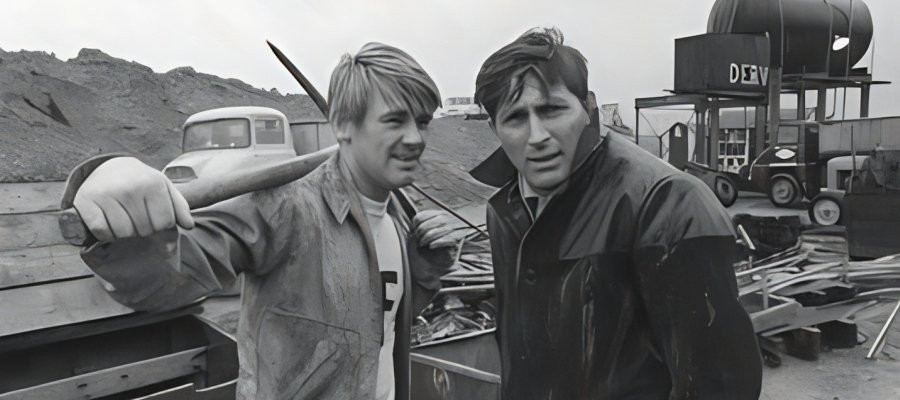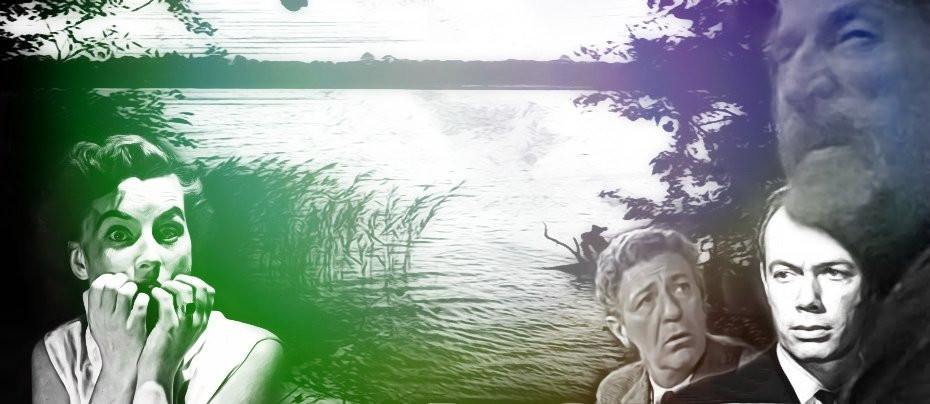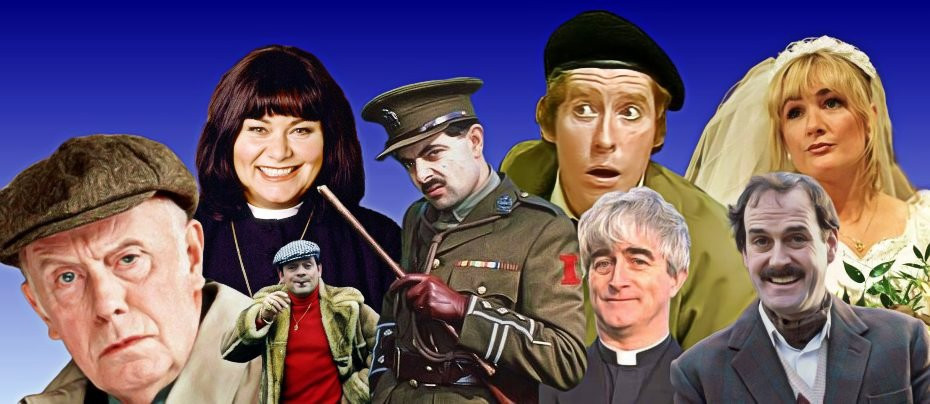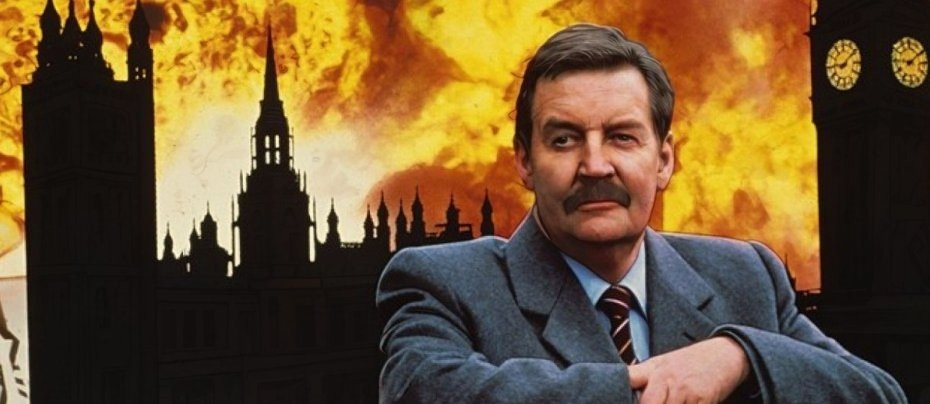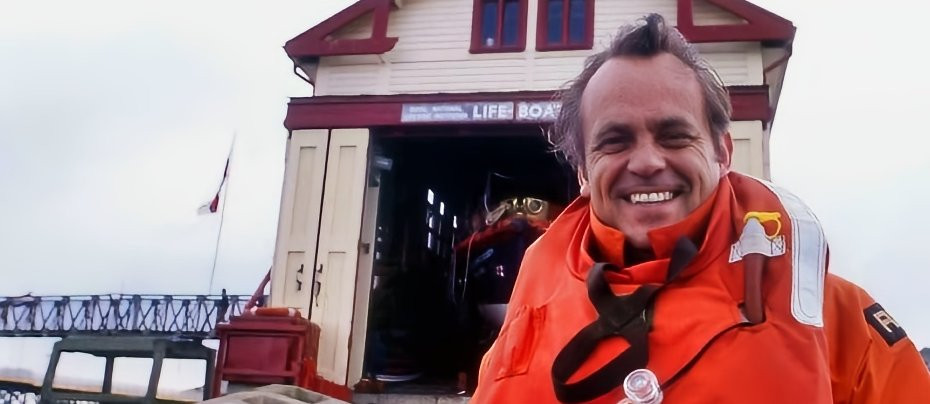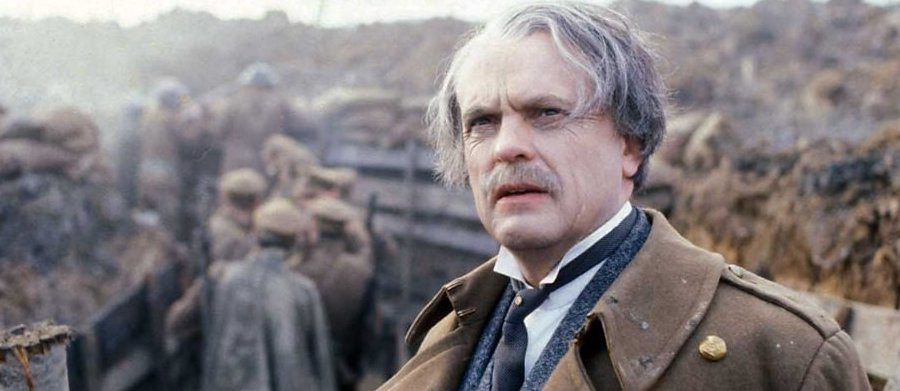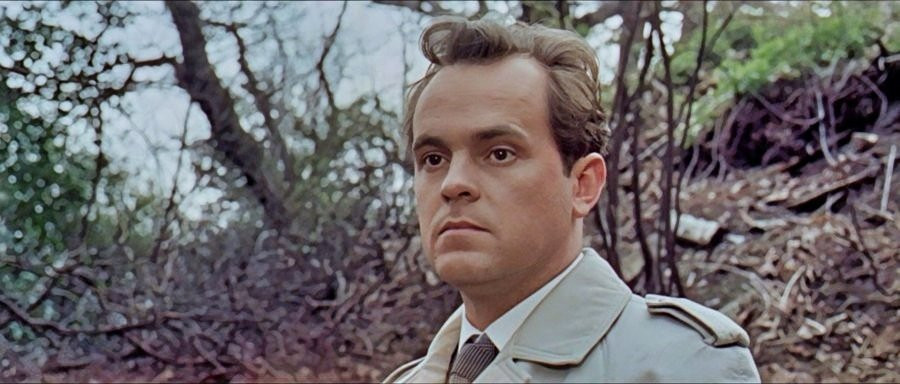
Philip Madoc
Philip Madoc was one of the most distinctive and compelling figures in British stage and screen, remembered as much for his rich voice and commanding presence as for the complex, often menacing characters he brought to life. Over a career that spanned more than five decades, Madoc appeared in hundreds of television dramas, films, and stage productions, earning a reputation for versatility, intelligence, and an unmistakable gravitas.
Born Phillip Jones on 5 July 1934 in Twynyrodyn, a hamlet in the Vale of Glamorgan, southeast Wales, Madoc was raised in the heart of industrial South Wales. His early interest in drama emerged while attending Cyfarthfa Castle Grammar School, though it was languages that first shaped his academic path. He studied at University College Cardiff and later at the University of Vienna, where he became the first foreign student to be awarded a diploma from the Interpreters’ Institute. He went on to master seven languages—including German, Russian, and Swedish - and had working knowledge of others, including Mandarin and Huron Indian.
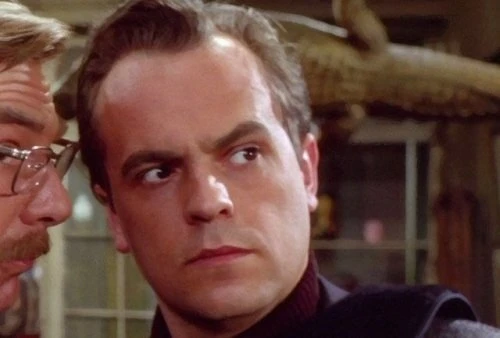
Though his career could have remained in diplomacy or interpretation, Madoc's passion for acting led him to RADA in London. After three years of training, he adopted the stage name Philip Madoc, a nod to the legendary 12th-century Welsh prince said to have discovered America, and soon joined the Royal Shakespeare Company. There, he took on major roles in Measure for Measure, Othello, Macbeth, Iago, and Dr Faustus, displaying a flair for both classical drama and dark, emotionally layered characters.
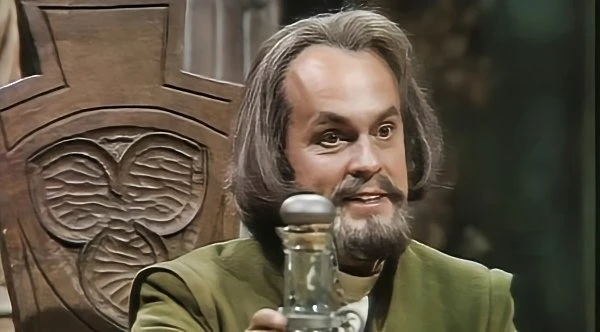
Madoc’s screen career took off in the early 1960s with his television debut in Amelia, a seven-part adaptation of Henry Fielding’s novel. From there, he became a familiar face in British households, appearing in everything from The Avengers and The Saint to Doctor Who - featuring in four episodes across the Patrick Troughton and Tom Baker eras, as well as the 1966 film Daleks' Invasion Earth 2150 A.D. with Peter Cushing.
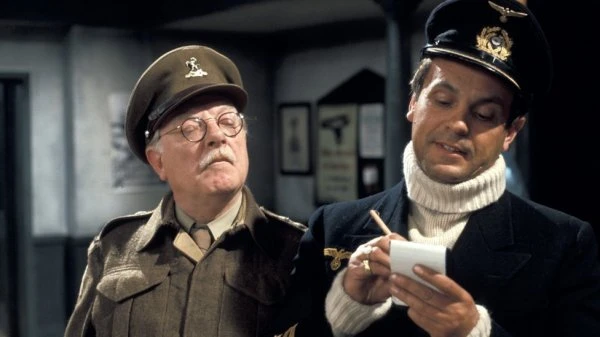
Though never short of work, it was a single, brief appearance in 1973 that cemented Madoc in the annals of British television comedy. In an episode of Dad's Army, he played a captured German U-boat captain whose icy demand - "Your name will also go on the list. What is it?" - elicits the unforgettable response from Captain Mainwaring: “Don’t tell him, Pike!” The moment was later voted the number one comedy scene by Classic Television magazine readers in 1999 and remains a beloved staple of British humour.
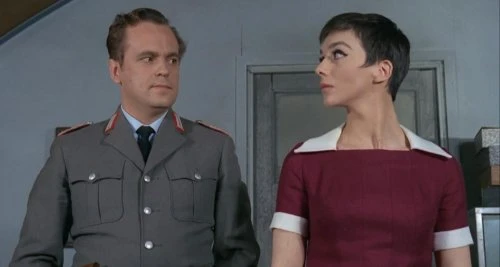
Madoc's brooding intensity and foreign air - owing partly to his linguistic talents and dark, continental looks - made him a natural choice for sinister or authoritarian roles. He played the cold SS officer Lutzig in Manhunt (1969), the brutal Huron warrior Magua in The Last of the Mohicans (1972), and a variety of German soldiers throughout his career. Ironically, it was his very Welshness that made him so believable as “the foreigner” - a typecasting he relished, despite being a kind and approachable man off-screen.
In Wales, Madoc achieved icon status. His most acclaimed role there was as David Lloyd George in the 1981 BBC series The Life and Times of David Lloyd George. The drama-documentary chronicled the statesman’s life from humble beginnings in Llanystumdwy to his time as Prime Minister during the First World War. Madoc’s portrayal captured Lloyd George’s firebrand oratory and magnetic persona, earning widespread acclaim.
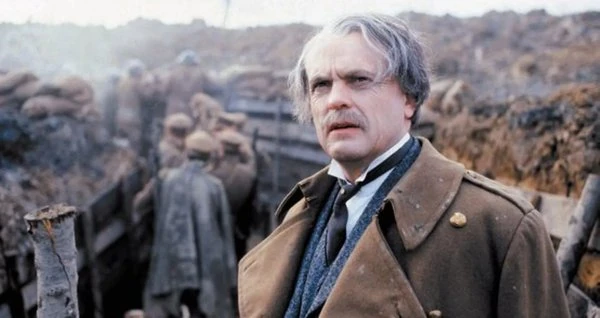
He further cemented his place in Welsh culture with his role as Chief Inspector Noel Bain in A Mind to Kill (the 1991 pilot episode was followed by the first series in 1994), a gritty detective drama that aired in both English and Welsh (as Noson yr Heliwr). The show’s dual-language production required each scene to be filmed twice. The series gained international success, dubbed into more than a dozen languages and broadcast worldwide.
Throughout his prolific career, Madoc appeared in a wide range of productions, including Porridge, The Sweeney, A Bouquet of Barbed Wire, Maigret, Brother Cadfael, Casualty, and Midsomer Murders. It often seemed there was a cameo set aside for him in nearly every major British series.
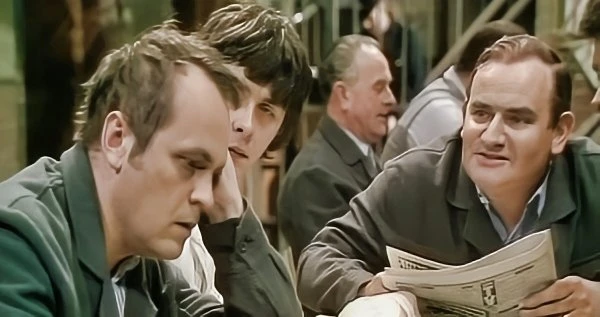
Madoc's talents extended to film, with appearances in The Spy Who Came in from the Cold, The Quiller Memorandum, and Operation Daybreak, among others. He also took on notable stage roles, including a highly praised performance in Bertolt Brecht's The Life of Galileo, demonstrating his remarkable range and depth as an actor.
A passionate advocate for Welsh culture and language, Madoc was a long-time member of Plaid Cymru and contributed generously to the party. He served as Vice-President of the London Welsh Society and of the London Welsh Male Voice Choir and was a familiar voice on Welsh-language media. He was known for his readings of Welsh poetry and religious texts, including Buddhist writings, which resonated with him in later life.
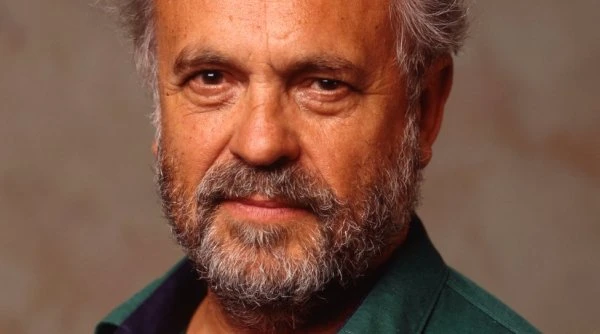
Madoc was awarded an honorary degree by the University of Glamorgan in 2001, an accolade he described as the greatest honour of his career - surpassing even roles as diverse as Lloyd George, Hitler, Trotsky, and the Master of the Universe. His acceptance speech, laced with warmth, wit, and humility, captivated the audience and revealed the man behind the gravitas. Afterward, he was mobbed by graduates, parents, and faculty - many eager to meet not the statesman or villain, but the U-boat captain from Dad’s Army!
In recognition of his immense contribution to the arts in Wales, Madoc received the BAFTA Cymru Award for Outstanding Contribution to Television and Film, a fitting tribute to a career marked by excellence and cultural pride.
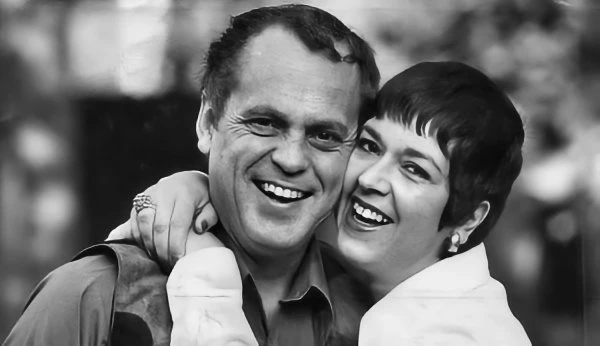
Madoc's first marriage, to the actress Ruth Madoc, lasted for twenty years. They had a son and a daughter, and divorced in 1981. His second marriage also ended in divorce.
Philip Madoc passed away on 5 March 2012, aged 77, following a diagnosis of cancer earlier that year. His death marked the end of a remarkable era, but his legacy endures. From Shakespeare to sci-fi, comedy to political drama, Madoc left an indelible mark on British culture - an actor of rare presence, linguistic brilliance, and enduring charm.
Published on April 30th, 2025. Written by Laurence Marcus for Television Heaven.


